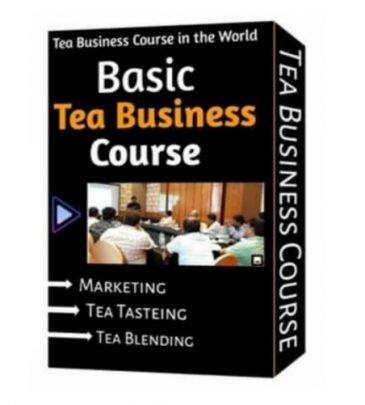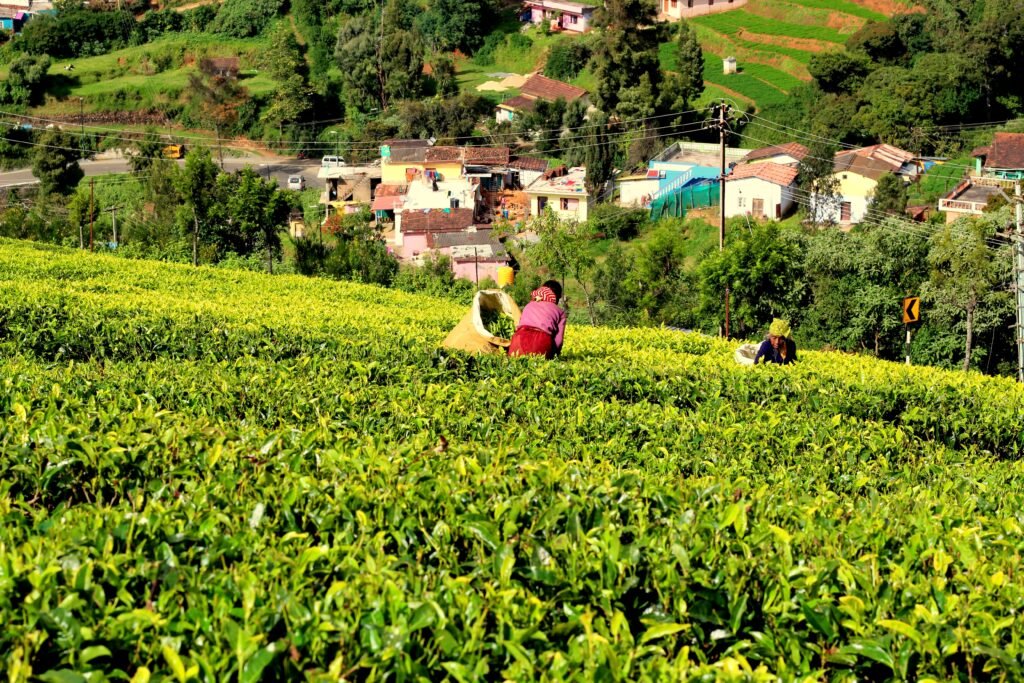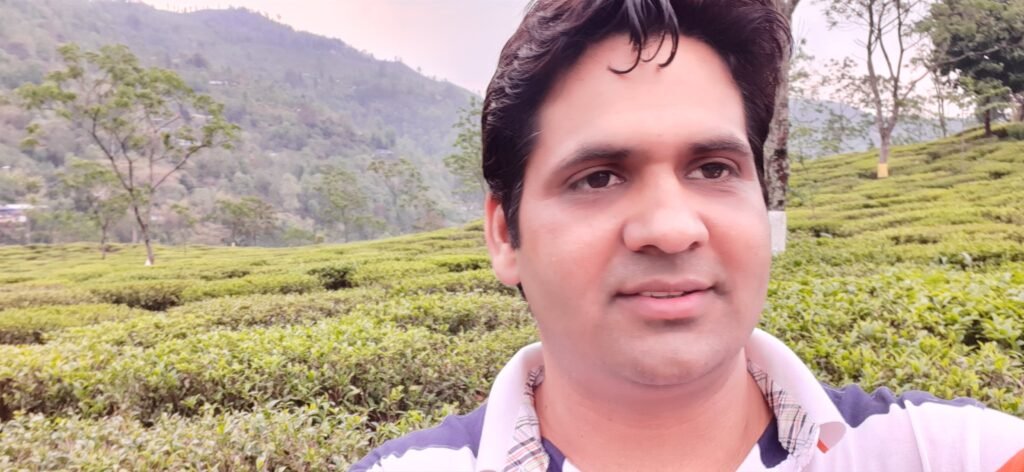n today’s fast-paced world, learning has taken on a new dimension, and video courses have become a popular and effective way to gain knowledge. If you’re a tea enthusiast eager to deepen your understanding of the world of tea, or if you’re new to the world of tea and looking to embark on a flavorful journey, the Tea Video Course is here to guide you. Let’s explore how this comprehensive course can transform you from a tea novice to a seasoned connoisseur.

- Introduction to the Tea Video Course
- The Foundation of Tea: Types and Varieties
- From Leaf to Cup: Tea Processing Demystified
- Brewing Perfection: The Art of Tea Preparation
- Unveiling Tea Tasting: A Journey Through Flavor Profiles
- Tea and Health: Exploring the Benefits
- The World of Tea Culture: Traditions and Rituals
- Mastering Tea Blending: Create Your Own Signature Blend
- The Business of Tea: From Enthusiasm to Entrepreneurship
- Tea Around the World: A Global Exploration
- The Art of Pairing: Tea and Food Harmony
- Tea for Every Occasion: Celebrate with a Cup
- Advanced Tea Knowledge: Delving Deeper into Tea Science
- The Future of Tea: Trends and Innovations
- Conclusion: Your Tea Journey Ahead
- FAQs
Introduction to the Tea Video Course
Embarking on the Tea Video Course is like setting foot on a fascinating journey that uncovers the secrets of tea. Whether you’re drawn to the delicate aromas, curious about the health benefits, or simply eager to explore a world of flavors, this course is designed to cater to every aspect of your curiosity.
The Foundation of Tea: Types and Varieties
In this foundational chapter, you’ll discover the diverse universe of tea. From the elegance of white tea to the robustness of black tea, and the nuanced flavors of green and oolong, you’ll gain insight into the distinct characteristics that define each type.
From Leaf to Cup: Tea Processing Demystified
Ever wondered how those tea leaves transform into the soothing elixir you sip? This chapter takes you through the intricate process of tea production, from plucking the leaves to drying, rolling, and oxidizing, unlocking the magic that happens behind the scenes.
Brewing Perfection: The Art of Tea Preparation
Brewing tea is an art, and this chapter equips you with the skills to master it. From water temperature to steeping times, you’ll learn the nuances that contribute to a perfectly brewed cup of tea, tailored to your preferences.
Unveiling Tea Tasting: A Journey Through Flavor Profiles
Just like fine wine, tea offers an array of flavors waiting to be explored. This chapter introduces you to the world of tea tasting, helping you identify and appreciate the intricate notes that make each tea unique.
Tea and Health: Exploring the Benefits
Beyond its delightful flavors, tea boasts a range of health benefits. From antioxidants to calming effects, this chapter delves into the science behind the wellness aspects of tea consumption.
The World of Tea Culture: Traditions and Rituals
Tea is more than a beverage; it’s a cultural treasure with a rich history. This chapter takes you on a global tour of tea traditions and rituals, from Japanese tea ceremonies to British afternoon tea.
Mastering Tea Blending: Create Your Own Signature Blend
Unleash your creativity in this chapter, where you’ll learn the art of tea blending. Whether you’re crafting a soothing blend for relaxation or a revitalizing mix for mornings, you’ll discover the joy of concocting your own signature teas.
The Business of Tea: From Enthusiasm to Entrepreneurship
For those with a passion for tea beyond sipping, this chapter offers insights into turning that passion into a business. Learn about sourcing, branding, and creating a thriving tea enterprise.
Tea Around the World: A Global Exploration
Tea transcends borders, and in this chapter, you’ll explore how different cultures embrace this beverage. From Chinese tea culture to the tea-drinking habits of India, you’ll gain a new appreciation for tea’s global impact.
The Art of Pairing: Tea and Food Harmony
Tea isn’t just for sipping—it’s a versatile companion to food. This chapter delves into the art of tea and food pairing, helping you create harmonious flavor combinations that elevate both elements.
Tea for Every Occasion: Celebrate with a Cup
Tea has a place in every moment, from quiet reflections to festive celebrations. This chapter guides you through selecting the perfect tea for different occasions, ensuring that each cup enhances the experience.
Advanced Tea Knowledge: Delving Deeper into Tea Science
If you’re eager to unravel the scientific aspects of tea, this chapter satisfies your curiosity. Explore the chemical compounds, processing techniques, and botanical aspects that contribute to the complexity of tea.
The Future of Tea: Trends and Innovations
The tea landscape is evolving, and this chapter provides a glimpse into what the future holds. From sustainable practices to innovative brewing methods, you’ll discover the trends shaping the tea industry.
Conclusion: Your Tea Journey Ahead
As you near the end of this enriching tea expedition, remember that your journey with tea is just beginning. Armed with knowledge, appreciation, and a refined palate, you’re equipped to explore the boundless world of tea with newfound depth and enthusiasm.
FAQs
- Do I need prior tea knowledge to enroll in this course? No prior knowledge is required. This course is designed to cater to beginners and tea enthusiasts at all levels.
- Can I take this course at my own pace? Yes, the Tea Video Course is designed to be flexible, allowing you to learn at your own pace and convenience.
- Is the course suitable for those interested in starting a tea business? Absolutely. While the course covers a wide range of tea-related topics, it also includes insights into the business aspects of tea for aspiring entrepreneurs.
- Will the course include practical demonstrations of tea preparation? Yes, the course will include video demonstrations to enhance your understanding of various aspects of tea preparation and tasting.
- How can I access the Tea Video Course?
Contact Details:- 9499347308
Visit Our Site:-zirconshop.in
Official YouTube Channel For Business :- Zircon Blogs



